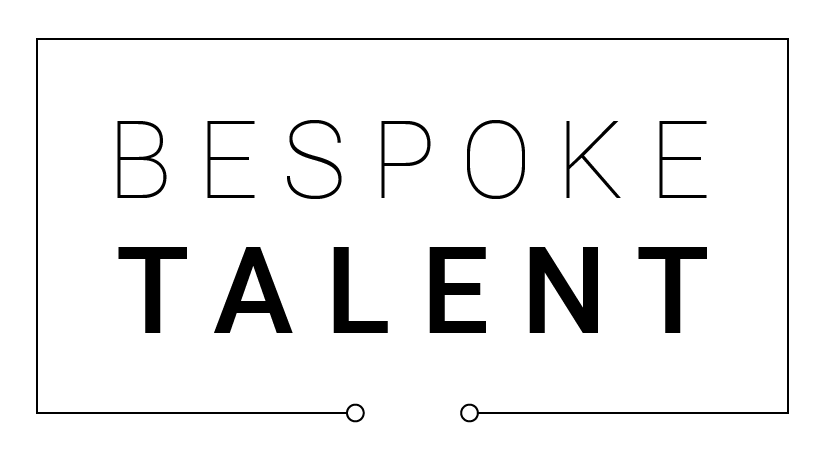You know your sales pitch, but do you know your talent pitch?
When it comes to your company’s sales pitch, you’ve got it. But what about your hiring pitch? What should you talk about with your candidates?
The best hiring leaders know when to sell and when to screen, but are they bringing all their selling assets to the table? Hard to know what to sell if we don’t know what’s most important to our prospects.
In a recent survey we conducted (full interactive dataset here), we investigated why people leave jobs and what people prioritize when looking at new ones.
Across all demographic populations, compensation BARELY made the list of top 3 priorities when evaluating new opportunities. Only a little over 18% indicated that compensation was the most important factor. If we narrow the audience to non-salespeople or men, compensation moves to fourth place.
So if compensation isn’t on the top of the list, what is?
The most popular response overall was career growth opportunities, which 23.5% of survey participants chose. If we focus on just people in their 20’s, this number increases to 31.6%.
Following career growth opportunities, people prioritized a good work-life balance. This was actually the most popular choice for females and non-salespeople.
In the middle of the pack was great leadership, which is surprising, as it was by far the most popular reason people indicated leaving jobs. Given 9 choices, 42.1% of respondents indicated that poor management/leadership was the reason they left their last job.
If people cannot stand to work under poor management, why is it not a higher priority when evaluating new opportunities?
Alas, for those of you challengers and superheroes, yes – leadership needs to be on the list. If you’ve invested in leadership methods, you’ve spent time developing yourself in this area, and you take this seriously, make sure this is in your pitch. Even better, put together a leadership dossier (example below) to provide to candidates before meeting with you. This can help a hiring manager position themselves (as someone worth talking to) as well as be a good piece to test for candidate alignment, thoughtfulness, preparedness and discovery.
In closing, if you don’t have a hiring pitch, get one. If you need the cliff notes, here’s the baseline of what should be in yours:
Company pitch – highlighting key wins, results, growth, funding, leadership
Role – what it means today (responsibilities/compensation), but what it really means for growth opportunity
Work/life balance – yes, volunteer this! Have a point of view on what this means to you and your company – and mean it
Your leadership philosophy, mindsets, style and where you have room to develop – hopefully, you have sent them something prior to the call (like the dossier above) so they are prepared to ask you questions
In total, this pitch should take you no more than seven minutes to give. If your candidate flatlines after giving this pitch, either you have the wrong pitch or you have the wrong candidate.
Good luck!




